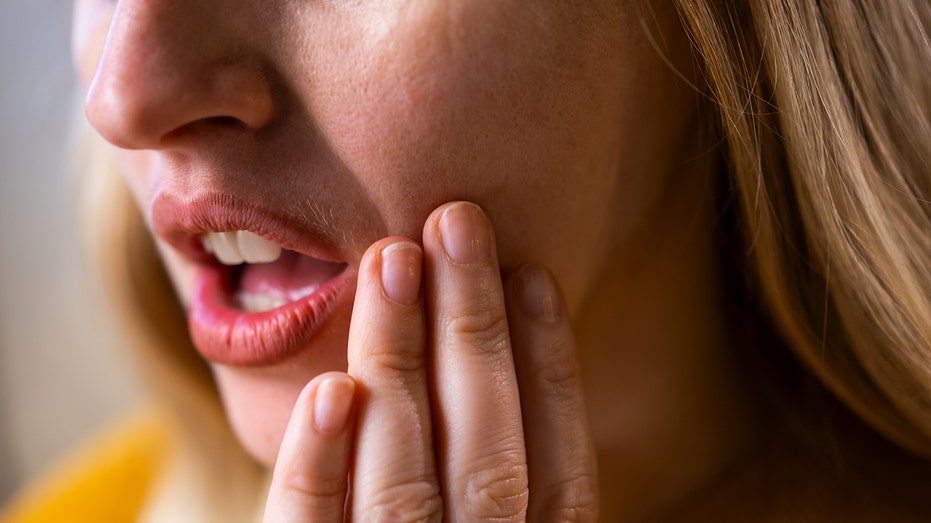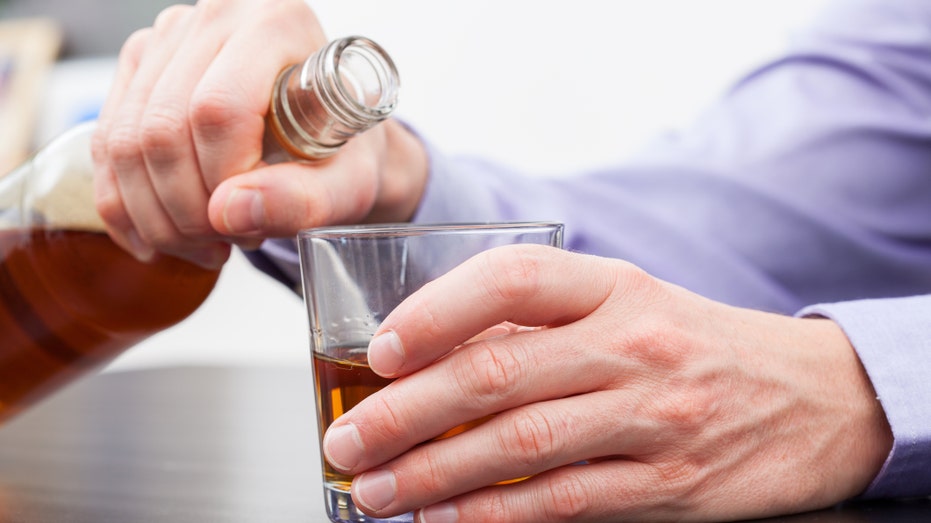Chemo Mouth: The Painful Cancer Treatment Side Effect No One Talks About

Sarah Johnson
March 1, 2025
Brief
Cancer patients often suffer from 'chemo mouth,' a painful side effect of treatment causing sores, dryness, and difficulty eating or speaking. Experts recommend saltwater rinses and better dental care.
Cancer patients battling their illness often face a host of lesser-known challenges during treatment. One such struggle is "chemo mouth," a painful side effect of chemotherapy and radiation that can significantly impact their quality of life.
Chemo mouth can lead to mouth sores and other uncomfortable symptoms, making it difficult to eat, drink, or even speak, according to experts. Imagine trying to maintain a brave face while every sip of water feels like torture – it's just brutal.
In an interview with Fox News Digital, Dr. Rajiv Saini, a dentist and periodontal specialist from Katy, Texas, shed light on this often-overlooked condition. With cancer rates projected to rise, affecting 26 million people by 2030, chemo mouth is likely to become an increasingly common side effect.
According to Dr. Saini, a Harvard Medical School graduate, the primary symptoms include red, swollen, and painful sores in the mouth, medically known as oral mucositis. Patients may also experience a burning sensation, exacerbated by spicy foods, and face a higher risk of fungal infections.
Chemo mouth can also cause xerostomia, or dry mouth, and a metallic taste, which can further diminish appetite. "Cancer treatment damages the salivary glands, disrupting saliva production and deteriorating oral health," Saini explained. "A dry mouth lacks essential minerals and enzymes, leading to an imbalance in the oral microbiome." Seriously, it's like your mouth is staging a full-blown revolt.
Saini emphasized that one of the most overlooked challenges is the difficulty in communication caused by chemo mouth. "As chemotherapy and radiation worsen sores, inflammation, and dryness, even the simplest words become agonizing," he said. "This affects their ability to communicate and takes an emotional toll, leaving them feeling isolated during an already overwhelming battle."
To combat chemo mouth, Dr. Saini recommends consistent dental exams, especially after a cancer diagnosis, to address potential issues. He advises patients to avoid mouthwashes with alcohol and additives, which can harm a compromised immune system, and suggests saltwater rinses instead.
Sea saltwater, in particular, offers minerals like sodium, calcium, and zinc, which can aid in healing. Dr. Saini, also the chief scientific officer for H2Ocean, cited research indicating that sea salt has therapeutic effects on the oral cavity, minimizes dental complications, and accelerates healing.
Dr. Monique Gary, a breast surgical oncologist and chief medical officer of Bexa, echoed the benefits of saltwater rinses. She also recommended "magic mouthwash," which typically contains an antihistamine and topical anesthetic.
Dr. Gary further advised patients to avoid dehydration and use lip balm to prevent cracked lips. Despite the importance of dental care during cancer recovery, Dr. Saini noted that cancer clinics often lack dedicated dental professionals, leading to delays in oral care intervention. "This is a very big piece of the pie we are missing here and that is affecting [patients’] day-to-day lives," he concluded.
Topics
Editor's Comments
It's genuinely heartbreaking to see how chemo mouth can add another layer of suffering to cancer patients. Raising awareness and ensuring access to proper oral care is crucial in alleviating their burden.
Like this article? Share it with your friends!
If you find this article interesting, feel free to share it with your friends!
Thank you for your support! Sharing is the greatest encouragement for us.



